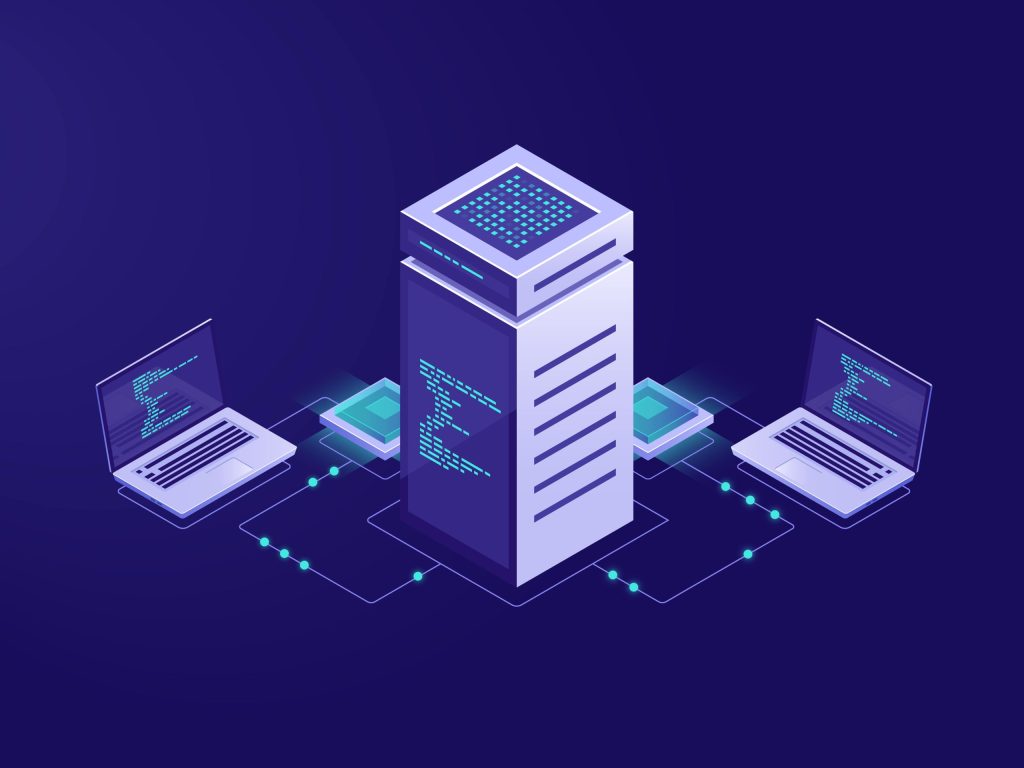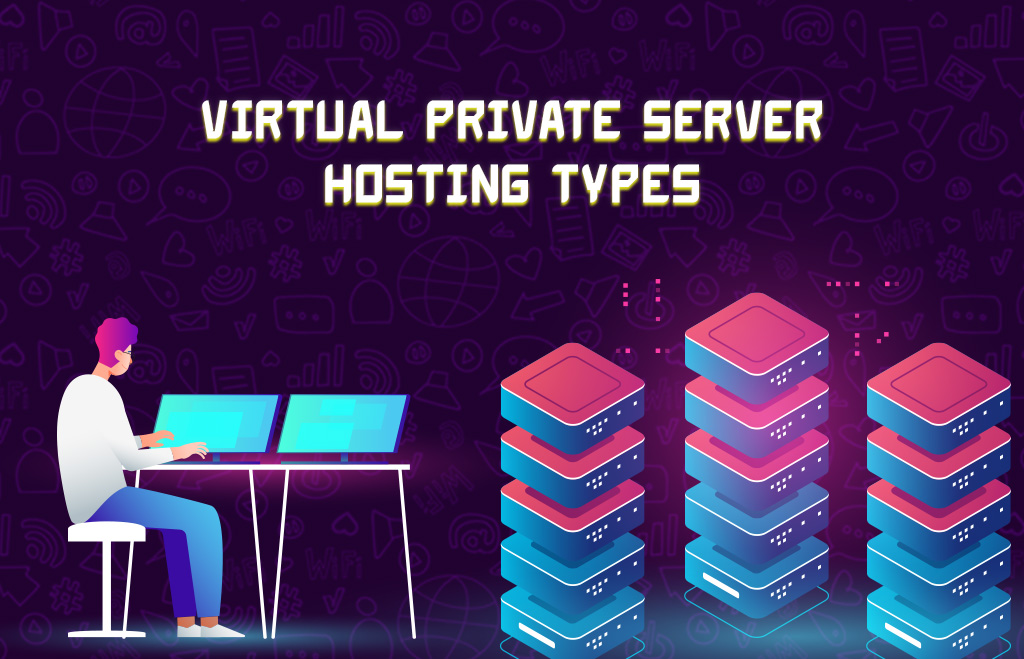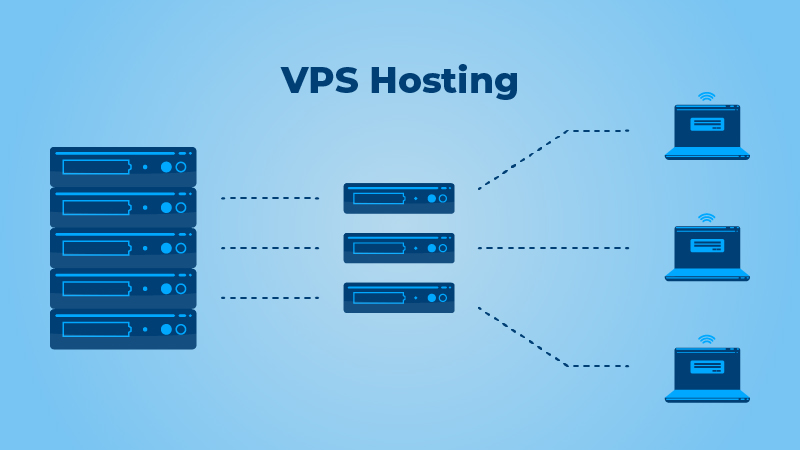Virtual Private Server (VPS) hosting offers a balance between shared hosting and dedicated hosting. Users get dedicated resources within a virtualized environment.

VPS acts as an isolated, virtual environment on a physical server, which is owned and operated by a cloud or web hosting provider. VPS hosting uses virtualization technology to split a single physical machine into multiple private server environments that share the resources.
Table of Contents
- Dedicated Resources:
- VPS hosting provides users with dedicated resources, including CPU, RAM, and storage. This ensures more consistent performance compared to shared hosting.
- Isolation:
- Each VPS is isolated from others on the same physical server. This means that activities or issues on one VPS do not directly impact others, enhancing security and performance.
- Root Access:
- Users often get root access or administrative control over the VPS, allowing them to install and configure software, customize server settings, and perform advanced system tasks.
- Scalability:
- VPS hosting is scalable. Users can easily upgrade their resources (CPU, RAM, storage) as their website or application grows, without the need to migrate to a different server.
- Choice of Operating System:
- Users can choose their preferred operating system (OS) for the VPS, such as Linux distributions (e.g., Ubuntu, CentOS) or Windows Server.
- Customization:
- VPS hosting allows for a high level of customization. Users can install and configure software applications, control panel, and security settings based on their specific requirements.
- Improved Performance:
- Since resources are dedicated, VPS hosting offers better performance compared to shared hosting, especially for websites or applications with moderate to high traffic.
- Reliability:
- VPS hosting tends to be more reliable than shared hosting. The isolation of resources means that activities on other VPS accounts do not impact the performance or security of your VPS.
- Managed Services (Optional):
- Some VPS hosting providers offer managed services where they take care of server management tasks, updates, security patches, and backups, allowing users to focus on their websites or applications.
- Full Control over Server Configuration:
- Users have the ability to modify server configurations, install custom software, and implement security measures according to their needs.
- Better Security:
- VPS hosting provides a higher level of security compared to shared hosting. The isolation between VPS instances makes it more difficult for security threats to spread across accounts.
- Affordability:
- While more expensive than shared hosting, VPS hosting is generally more affordable than dedicated hosting, making it a suitable choice for businesses with growing hosting needs.

What are the types of VPS hosting?
Unmanaged VPS hosting
In unmanaged hosting or self-managed hosting, the business owner has to take care of all the server responsibilities and maintenance tasks. The hosting provider manages only the physical server and its availability. Unmanaged VPS hosting requires technical expertise or dedicated in-house resources to manage server memory, operating system, and other server resources. Unmanaged VPS hosting is better suited for established businesses with the necessary IT capabilities.
Managed VPS hosting
Fully managed VPS hosting reduces the time, effort, and technical expertise you need to take care of your server. The managed VPS hosting provider takes care of all the server-related responsibilities, like core updates, maintenance, and software installation, so you can concentrate fully on growing your business. Managed VPS hosting is a hands-free approach to server management.
Semi-managed VPS hosting
Semi-managed is the middle ground between managed and unmanaged hosting. The hosting company provides the same basics as unmanaged hosting but adds core software installation and support. These are some examples of the additional services they provide:
- Operating system updates and patches
- Security enhancements
- Full web server support
- Server event monitoring
- Proactive response and restoration of server
Core managed hosting differs from fully managed hosting in that core doesn’t include virus and spam protection, external migrations, full control panel support, or control panel upgrades and patches.
These features make VPS hosting a versatile solution suitable for a wide range of applications, from hosting multiple websites to running custom applications and development environments.
